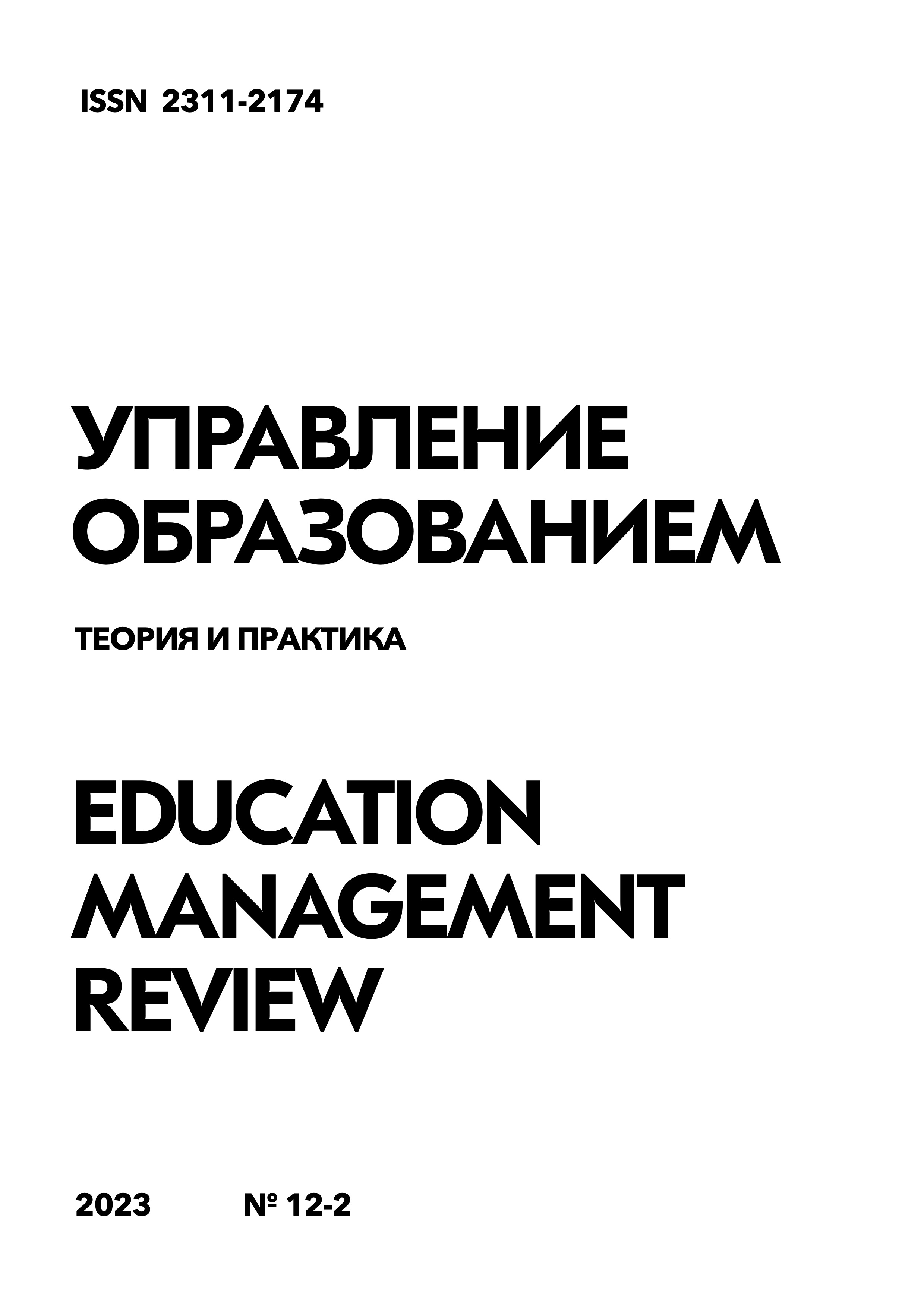Multilingual model of the formation of linguistic worldview of students in the global language space
DOI:
https://doi.org/10.25726/n1056-8001-3911-wKeywords:
multilingualism, interlingual contacts, linguistic worldview, global linguistic spaceAbstract
In the modern global world, the idea of linguistic space is undergoing significant changes. Languages actively interact with each other, forming a multilingual environment in which a new generation of speakers of several languages is growing. The purpose of this article is to study the features of the formation of the linguistic worldview of students in the conditions of such a global language space. The theoretical part examines modern approaches to the study of multilingualism and interlingual contacts. Based on the analysis of scientific literature, the key factors influencing the formation of a linguistic personality in a multilingual environment are identified. In the empirical part, based on a survey of 102 foreign language students, features of the perception and representation of languages in the minds of young people who have experience in learning several foreign languages were identified. The results obtained indicate the formation of a differentiated and balanced approach to the perception of the diversity of languages in the modern world. Typical strategies for representing languages in the minds of respondents and their connection with the individual characteristics of respondents were identified. The results obtained expand the understanding of the processes of development of linguistic consciousness in conditions of multilingualism and can be taken into account when improving methods of teaching foreign languages.
References
Борисова М.Ю. Представления российских студентов о статусе английского языка // Известия Российского государственного педагогического университета им. А.И. Герцена. Серия: Лингвистика. 2020. № 1 (59). С. 72-79.
Выготский Л.С. Мышление и речь. М.: Лабиринт,1997. 576 с.
Гумбольдт В. Избранные труды по языкознанию. М.: Прогресс, 1984. 397 с.
Демидова Л.В. Межъязыковые стереотипы в сознании российской молодежи // Известия Российского государственного педагогического университета им. А.И. Герцена. 2017. № 165. С. 112-117.
Костенко Л.С. Языковая идентичность и стереотипные представления о других языках // Известия Томского политехнического университета. Гуманитарные науки. 2015. № 3. С. 149-155.
Матиенко А.В. Предмет языкового тестирования с позиций когнитивно-коммуникативного подхода // Вестник Пятигорского государственного лингвистического университета. 2011. № 2. С. 278-281.
Новоселов Н.М. Иноязычная профессиональная коммуникативная компетенция: определение понятия в логике уровневого образования (бакалавриат и магистратура) // Фундаментальные исследования. 2013. № 11-6. С. 143-170.
Павловская О.Е., Рыбальченко О.В., Сахно О.С., Федотова Т.В. Проблемы современной речевой коммуникации: монография. Краснодар: Кубанский государственный аграрный университет. 2019. 134 с.
Сергеева А.В. Языковая идентичность современной российской молодежи. М.: Изд-во, Московский государственный лингвистический университет, 2018. 148 с.
Щерба Л.В. Языковая система и речевая деятельность. Л.: Наука, 1974. 427 с.
Davis K.A. The impact of mobility capital on foreign language learning during study abroad // Institute of International Education. 2016. № 20. Pp. 36-44.
Hellsburg G. The benefits of language learning mobility // Foreign Language Annals. 2013. Vol. 46, № 3. Pp. 451-457.
Kadilina O.A., Ryadchikova E.N. Strong, weak and average linguistic personality in communicative-pragmatic and linguoculturological aspects // RUDN Journal of Language Studies, Semiotics and Semantics. 2018. № 9(4). P. 859-882.
Matusov E., Marjanovic-Shane A. Many faces of the concept of culture (and education) // Culture & Psychology. 2017. № 23(3). Pp. 309-336.




